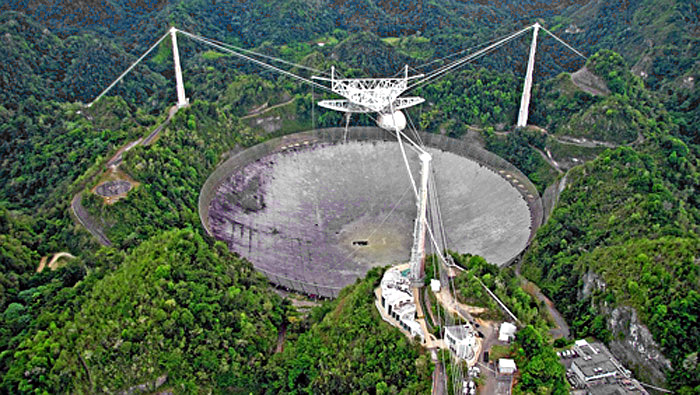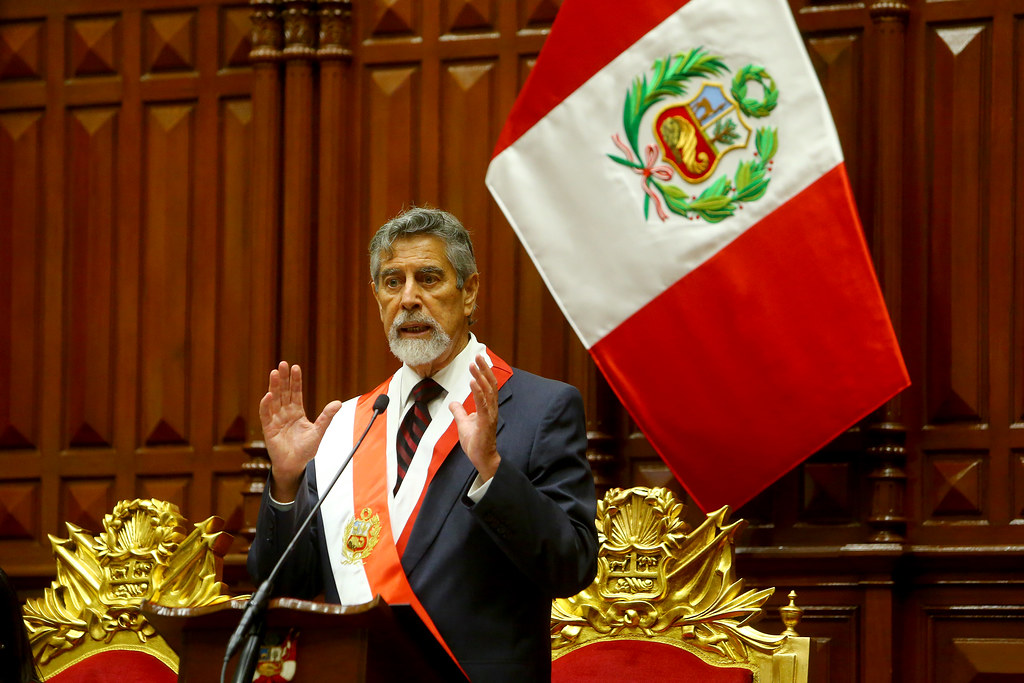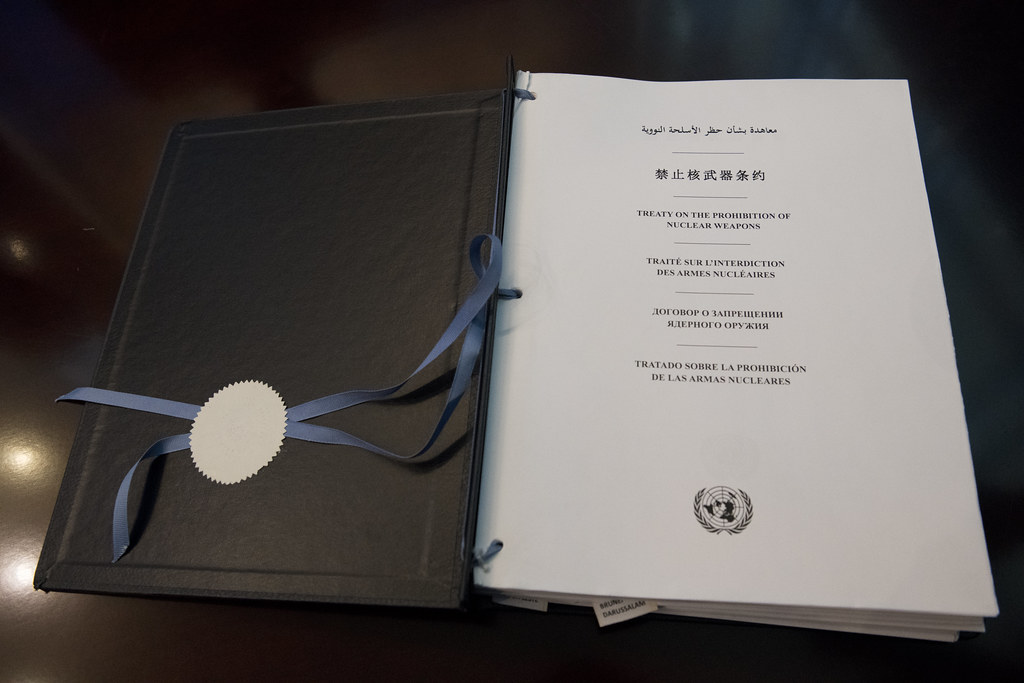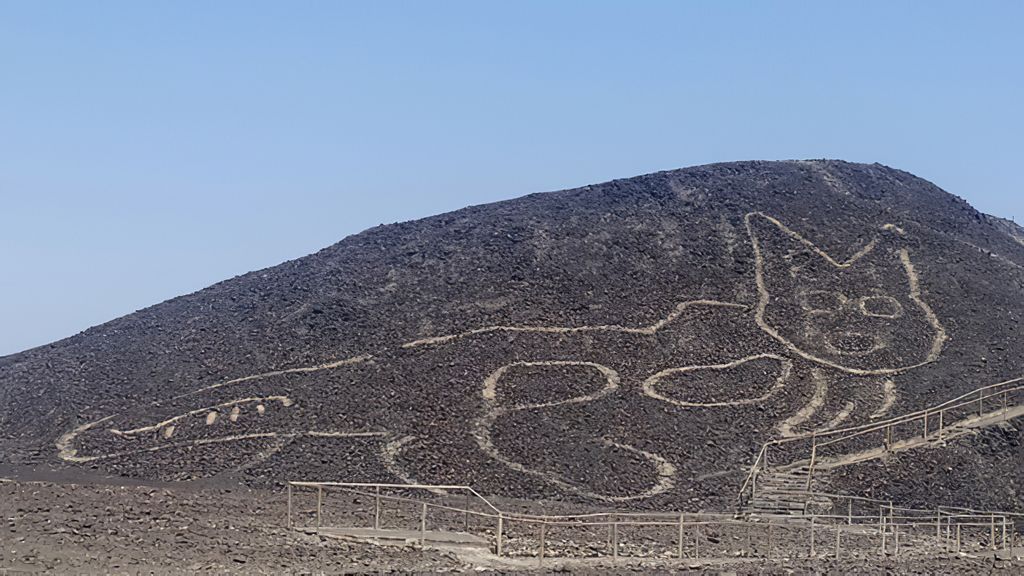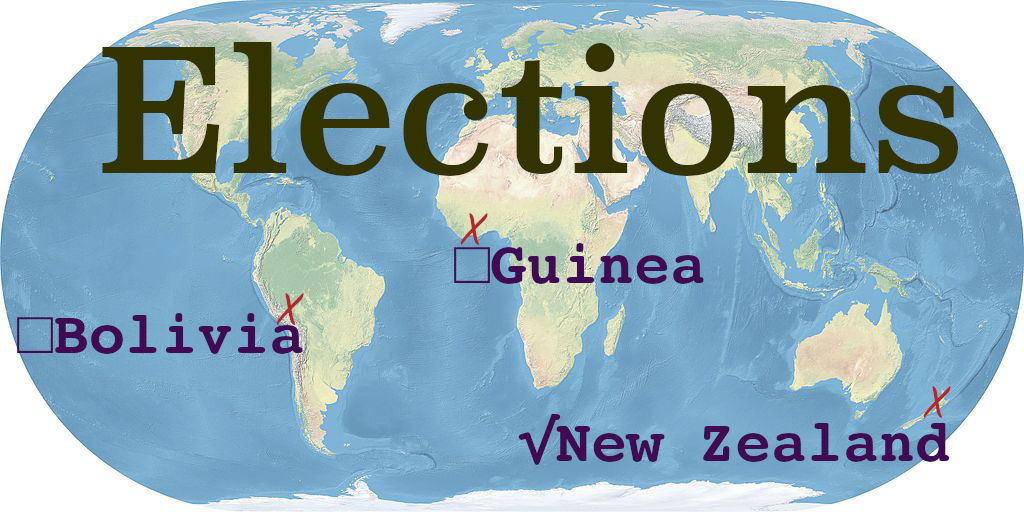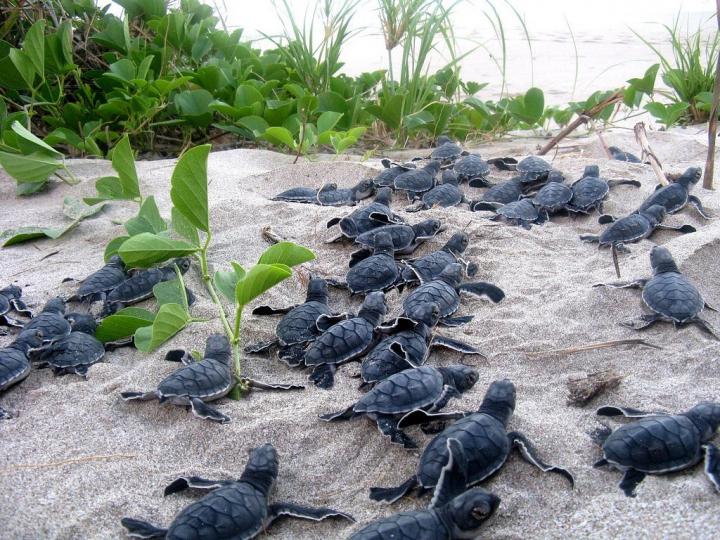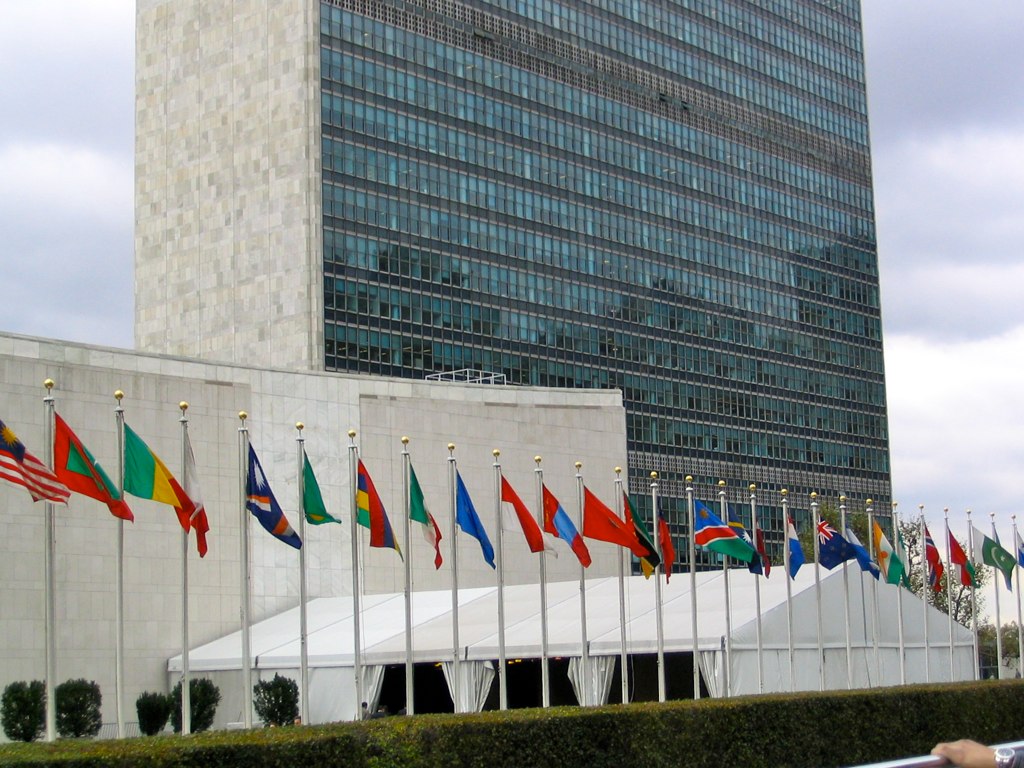In today's news roundup, police in India fight off farmers protesting over new laws, people around the world mourn soccer great Diego Maradona, and two valuable historic notebooks that belonged to Charles Darwin may have been stolen.
Published in “South America”
In today's news roundup, Central America struggles to recover from two strong late-season hurricanes, violence rocks Uganda following the arrest of a candidate for president, and the famous Arecibo Observatory will be shut down because of damage.
After 24 hours without a president, Peru's Congress has named Francisco Sagasti to lead the country. He's Peru's third president in the last week. Lawmakers hope the move will calm the country down after a confusing and violent week.
On Sunday, voters in Chile turned out in great numbers to decide whether the country should create a new constitution. Over 78% of the voters said, "Yes" - a result that led to celebrations in the streets.
Fifty countries have now officially approved a treaty banning nuclear weapons, which means it will become international law. The treaty, which is set to become active on January 22, passed even though most countries with nuclear weapons don't like it.
Peru's Ministry of Culture says archeologists have recently discovered a massive cat drawn into a hillside over 2,000 years ago. The site is near other Nazca Lines, but was faded by time, which made it hard to spot.
Over the weekend, elections were held in several countries around the world. Today, NFK looks at the elections in New Zealand, Guinea, and Bolivia.
Among the more unusual news stories recently…a Japanese man becomes the only tourist at Machu Picchu, the US Army works to develop augmented reality goggles for dogs, and a speedy bar-tailed godwit sets a record by flying 11 days straight.
On Wednesday, 16-year-old Aava Murto took over for a day as prime minister of Finland. The move was part of an international effort called "Girls Takeover", designed to bring attention to the rights of girls.
Scientists have come up with a high-tech method to help protect endangered sea turtles. Using fake eggs with GPS trackers, researchers were able to track turtle eggs that were stolen and learn the locations of people buying and selling them.
The United Nations, the international organization that allows all the countries of the world to meet and work together, marked its 75th year yesterday. Because of the coronavirus, the meeting took place mainly online.


